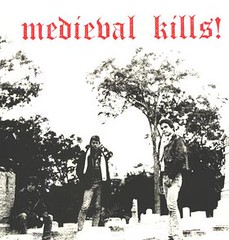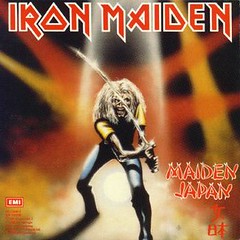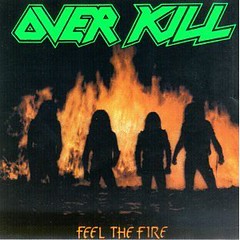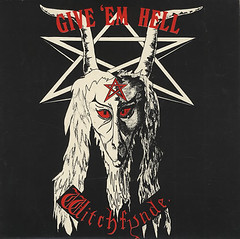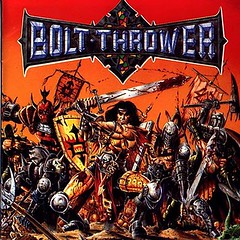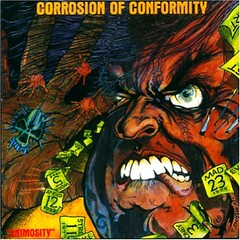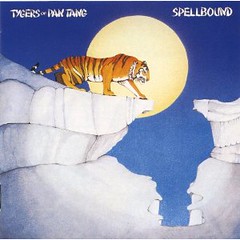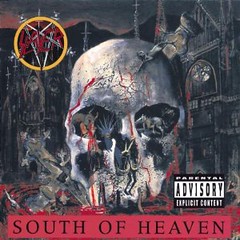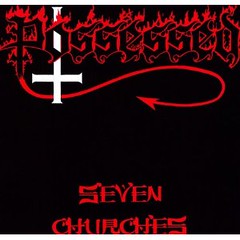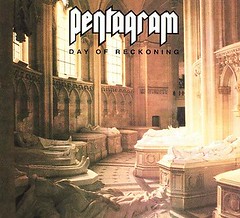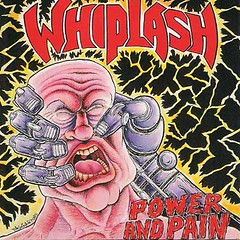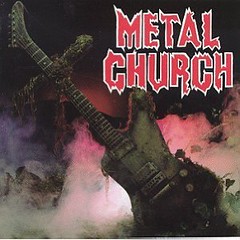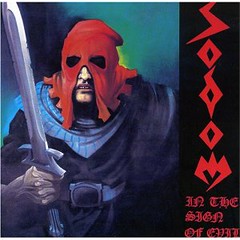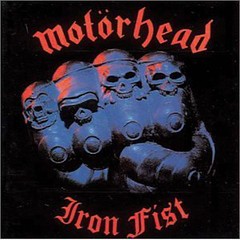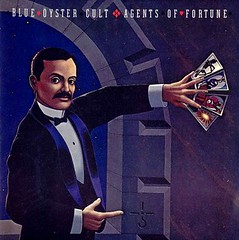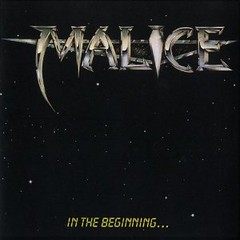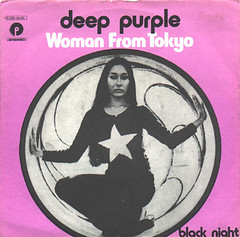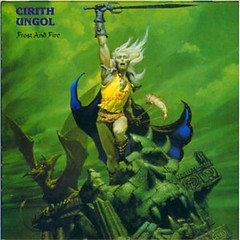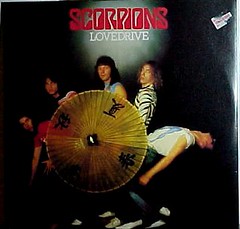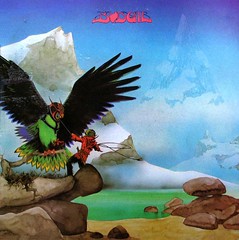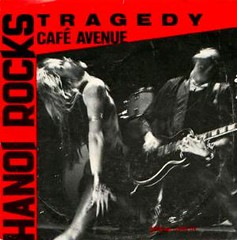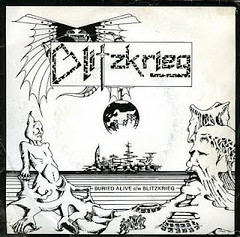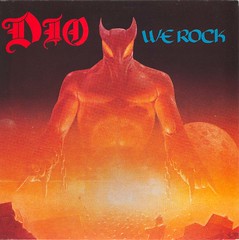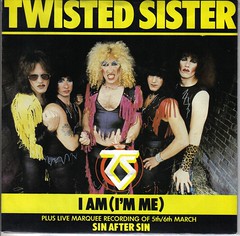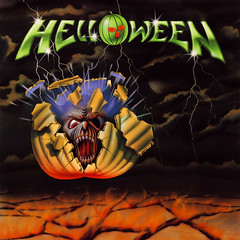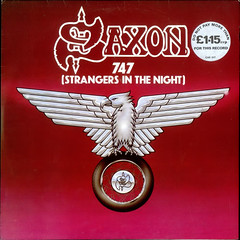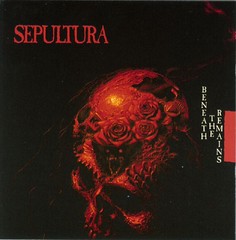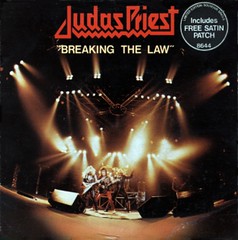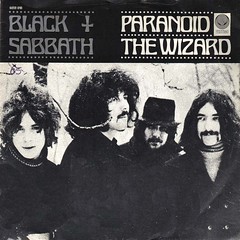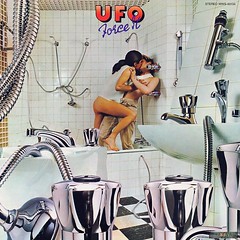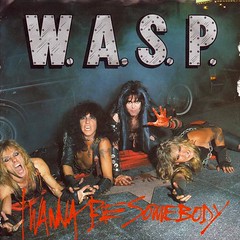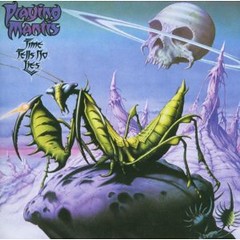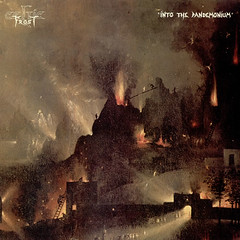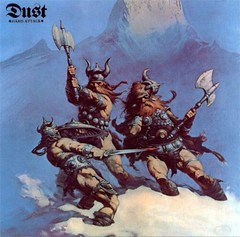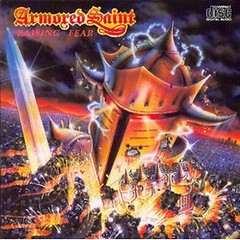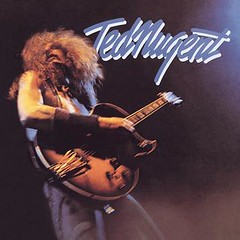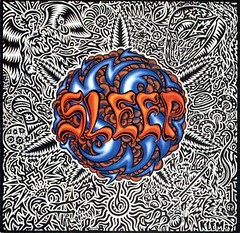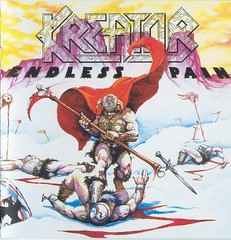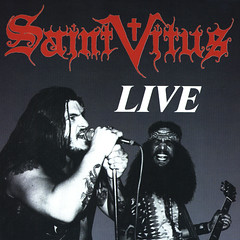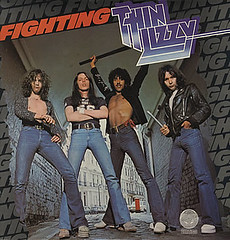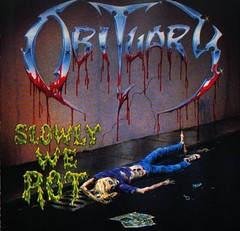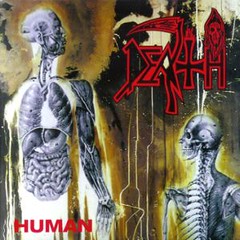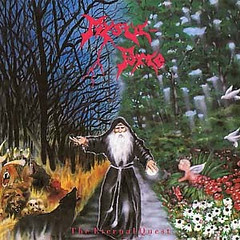Under the microscope: Metallica-...And justice for all
It's September, 1988 and I was very much looking forward to the release of Metallica's new album. I went to Sound Waves the day it was coming out, got my copy on cassette and went home eager to hear what they had come up with. My reaction was that somehow I had missed something upon the first listen. It was like it was Metallica in some ways, but different in others and I wasn't buying all the changes. Songs like Blackened and Dyer's Eve jumped out at me right away as being very solid. Yet just about all of the other songs were different and I wasn't sure exactly how I felt. I didn't want to pan the album after one listening just because I was caught off guard. My biggest problems with most of the songs was that some were way too long, some were way too slow and some parts didn't fit. I listened to it several more times and I still had problems with it. Then I think things changed when the video for One came out and this album just began to get huge. I was frustrated because I couldn't understand why so many people loved this album, but in 86 these were some of the same people who thought Metallica was a funny name and they had no desire to give them a chance. I do realize now that those things shouldn't matter, but I was 18 then so it did bother me. By the spring of 89 my estimate of And justice for all was that Metallica had tried to change their style, but with very mixed results. They wanted to do epic songs like Iron Maiden, but their just weren't enough hooks to keep the songs going for 7-9 minutes. After say 1989, I probably didn't listen to it for years until like 1993 when I bought it on disc because it was cheap. I still felt the same about it being a bit of a misfire, but I began to like tracks 5-7 more than I did before.
Now I still feel the same today although I am almost able to listen to the whole album in one sitting. I once referred to this album as An injustice for us all, but that's not completely fair. This album was a gamble because a metal album where four out of the nine songs are over seven minutes was far longer than the average metal band's songs and some record execs probably raised their eyebrows when they first heard this. The album turned out to be their last real metal album and it's closer in style to Ride and Master than any other Metallica album. I love Ride the lightning and Master of puppets, but they are very similar in style. It would have been easy for Metallica to do another album just like those and I may have loved it, but would they have begun to be branded as a band like AC/DC or ZZ top who always did pretty much the same thing on every album? Another thing is that I was frustrated to see how popular Metallica got over an album that I thought was their weakest at the time. Now I realize that a part of that may be due to younger kids who heard this as their first Metallica album. I was 18 and familiar with them so I felt my speed metal band was slowing down. However to kids that were say 12-15 when this came out, it was more like a real metal album and perhaps Metallica at the time were like Iron Maiden and Judas Priest were to me back in say 1984. They were real metal and far better than the commercial fluff that was out at the time.
Those are the positive things I give towards this album in retrospect, but I still don't completely buy it. The title track and the instrumental are still way too long and some of the other songs don't have enough power or hooks to sustain them. Time has not made some of the songs on this album easier to take. I still think ultimately that they didn't have the skills to pull this one off. There are too many times where it feels like they just slowed down parts they would normally use instead of really thinking about what parts would help a song to flow along. With those long songs they sure needed more flow than what they had.
Influence/impact- Here is where this album earns points. In August of 1988 I remember reading an article in a DC paper about how metal/ hard rock acts that had come around in spring and summer that year had trouble selling tickets. They mentioned how AC/DC, Iron Maiden, Judas Preist, Van Halen and David Lee Roth were all bands that sold out arenas in previous years but this tour they had a number of empty seats. The article speculated about the possible decline of metal and it did look possible at the time. And justice for all came out the next month and the album was huge, the tour was huge and One was MTV all the time. Then 1989 turned out to be a bigger year for metal and the scene stayed strong for another two to three years. So I think this album helped the metal scene stay alive and they also did attract some new fans to heavier music. I don't completely buy what Metallica were trying to do here, but I give them the credit they deserve. This would also be just one of the several times where Metallica would help keep metal alive.


